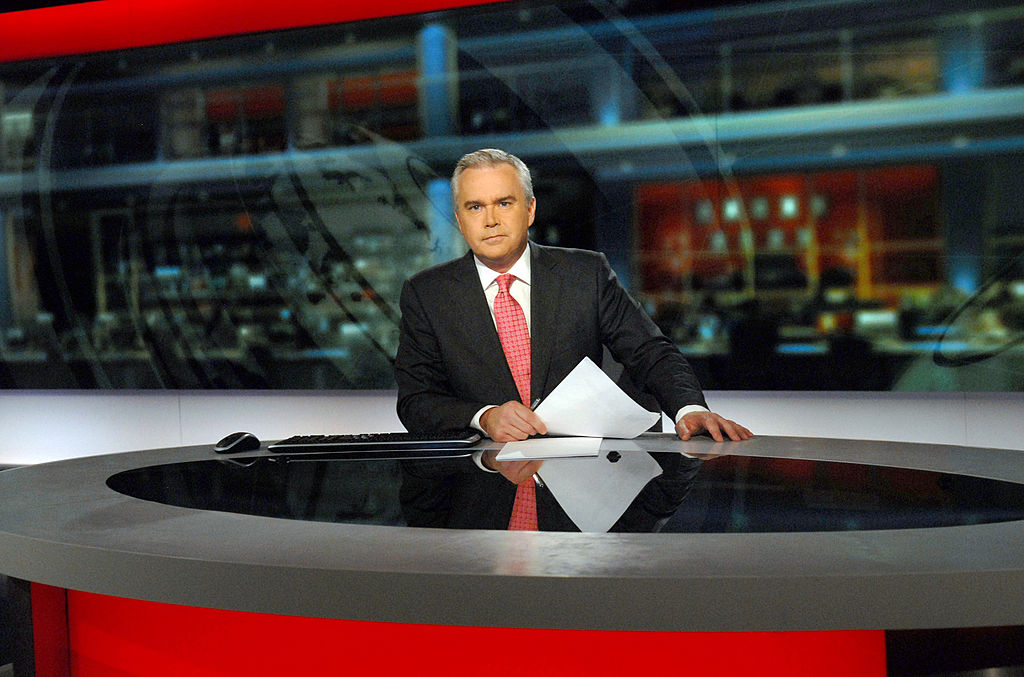My family emotionally blackmailed me into getting a dog about a year ago, a disastrous decision that has increased stress levels in the house by, I estimate, 5-15%. Probably the only thing that’s prevented me from going totally insane on the frequent time-consuming and pointless walks with this idiotic animal is the sound of Melvyn Bragg’s voice as I make my way through every single episode of In Our Time.
As a conservative who believes that public radio should force high culture on the population, and that left to itself the market will produce mostly garbage, I have a complex emotional relationship with the BBC.
On the one hand its gloriously intelligent and thoughtful output; the Irish-American writer Angela Nagel recently wrote an appreciation of Lord Bragg’s show, which has a significant international audience and is arguably Britain’s most valued cultural export of the past 25 years. (Bear in mind that this country is also the world capital of trashy TV, so we do indeed owe the world.)
Thrown into this emotional vortex is my problem with the corporation’s political slant. Like Robin Aitken, I’ve long been frustrated with this issue and used to be one of those men who shouted at the radio: I used to write about it too, until I realised that it was impossible to raise the subject without boring myself. (And Robin’s book explained the problem better than I ever could.)
My belief was that the BBC veered Left because it was part of the public sector, and therefore the people within were both inclined to favour public ownership and insulated from the need to respond to public demand and so provide balance. But I was wrong, I think; although the BBC will inevitably reflect establishment thinking, which in our age is soft Left (the “nice Left”, as I think of them), it wouldn’t be rectified by selling it off – that would indeed make the problem far worse.
US networks such as CNN are much more flagrant in their biases than the BBC and have grown much more so over the course of the 2010s, a period when polarisation has smothered ideas of political toleration and journalistic standards.
Or just look at Sky News, which ten years ago was pretty much as neutral as it was possible to get, but now seems far more slanted, an impression not helped by its presenters tweeting the cheapest sort of point-scoring partisan drivel. There has obviously been a huge generational shift at Sky, and those coming through presumably must see journalism as connected to activism, a problem across the media.
I think there’s a very good argument for scrapping the licence fee, and instead funding the Beeb through income tax, but as media becomes more diffused and therefore extreme the need for the BBC has grown stronger. Without it, we’d just develop the American pattern and have a Left-leaning broadcasting media flattering their mostly urban liberal audience by reaffirming their prejudices, and a shouty conservative alternative media full of troglodytes and weirdos, with no neutral institution hosting any sort of national conversation at all.
Of course the BBC can never be free of bias, because no news source can ever can be, but at least it tries.











Join the discussion
Join like minded readers that support our journalism by becoming a paid subscriber
To join the discussion in the comments, become a paid subscriber.
Join like minded readers that support our journalism, read unlimited articles and enjoy other subscriber-only benefits.
Subscribe